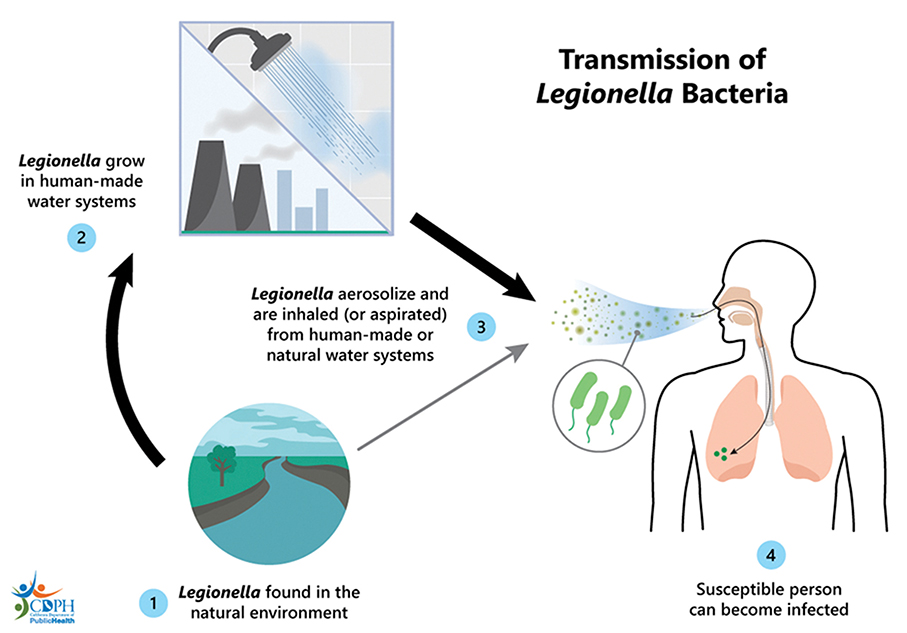Macau recorded this year’s eighth case of Legionnaires’ disease yesterday, the Health Bureau (SSM) announced in a statement yesterday.
According to the statement, the patient is a 69-year-old local man inflicted with chronic diseases who visited Shanxi Province with his family from October 12 to 14. He came down with a fever and dyspnoea (difficulty in breathing) on Saturday.
The man’s symptoms worsened on Monday, the statement said, and he immediately sought treatment at the emergency department of the public Conde de São Januário Hospital Centre where he was diagnosed with pneumonia and Legionnaires’ disease.
The statement said that the patient has been put on a ventilator and transferred to the intensive care unit (ICU).
Last night’s statement said that the patient was in a critical condition.
His family members that had travelled with him have also come down with cough and intermittent shortness of breath, the statement said.
The statement pointed out that Legionellosis, with an incubation period of between two and 10 days, is an infectious disease caused by Legionella bacteria thriving in warm water between 20 and 45 degrees Celsius and in warm and moist places, such as artificial water systems including massage pools, fountains, and household respiratory medical equipment.
The statement noted that people can be infected with Legionnaires’ disease after inhaling mist contaminated with Legionella bacteria released by artificial water systems such as central air-conditioning systems’ cooling towers, jacuzzis, fountains, and household respiratory medical devices.
The statement underlined that males, senior citizens, smokers, drinkers and those with weakened immune systems, especially those with chronic medical conditions, such as cancer, diabetes, chronic lung or kidney disease, and patients receiving steroids or other immunosuppressive drugs are at increased risk of catching the disease.
Symptoms of the disease include fever, cough, difficulty breathing, tiredness, headache, muscle pain, abdominal pain and diarrhoea, according to the statement.

Image courtesy of California Department of Public Health







